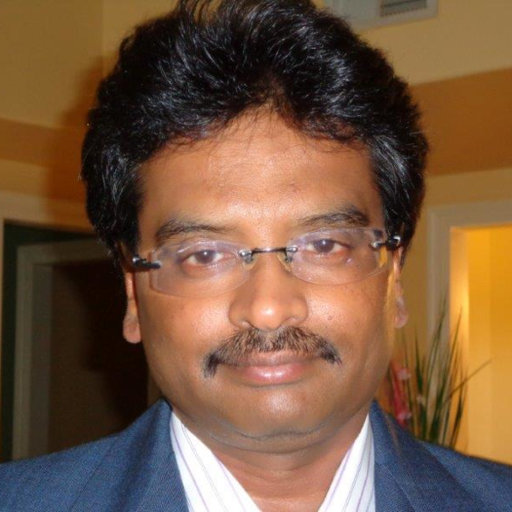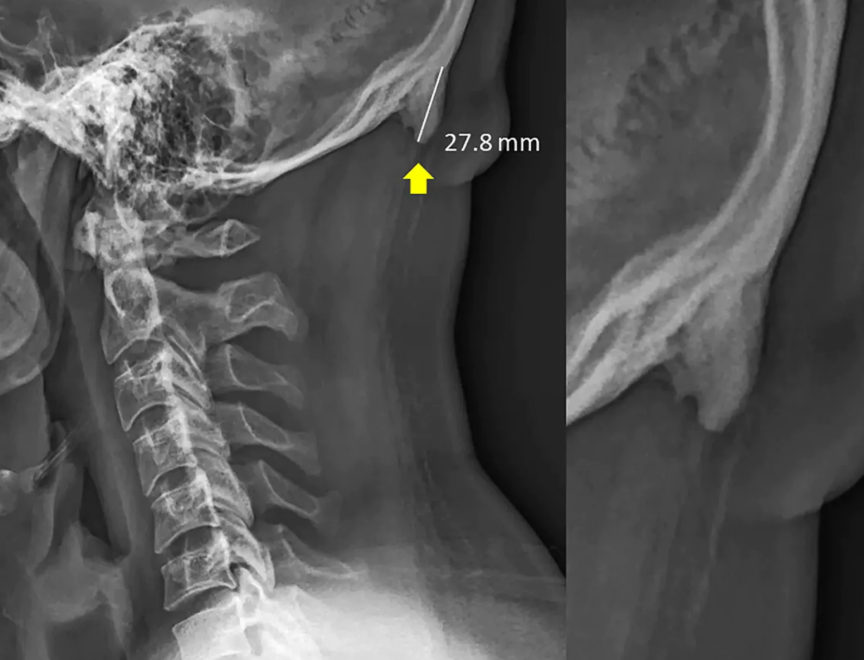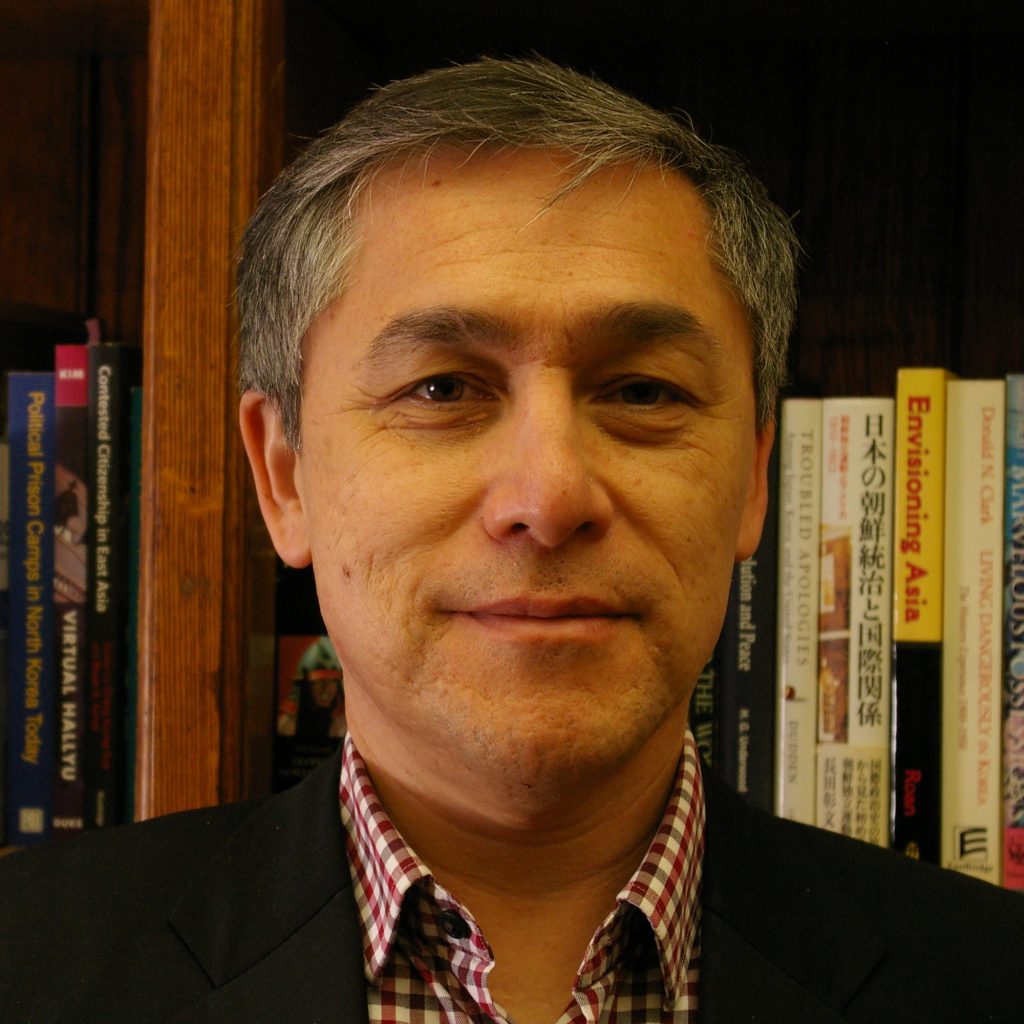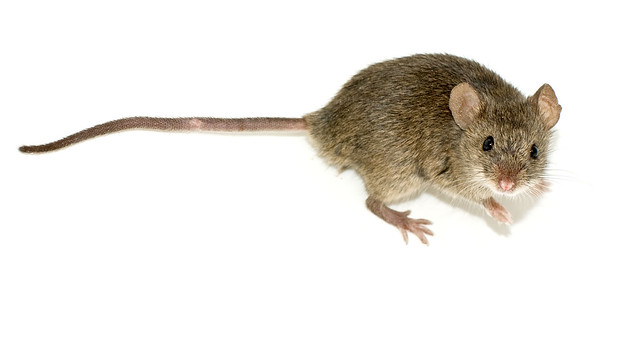
Carlo Croce, the embattled and litigious cancer researcher at The Ohio State University, may be on the market for a new attorney.
Croce, who unsuccessfully sued the New York Times for libel after the newspaper reported on misconduct allegations against him, has been waging a second legal front against his institution. The grounds: Croce wants Ohio State to restore him to his position as chair of the Department of Cancer Biology and Genetics — a demand OSU has so far rejected.
Court documents suggest that the case has proceeded to depositions. But we’ve learned that Croce’s attorneys in the academic matter have dropped him as a client. In a motion approved earlier this month, the lawyers, from the Columbus firm James E. Arnold & Associates, petitioned to be removed from the case.
Continue reading Wanted: Lawyer to take case of Ohio cancer researcher with retraction-rich CV







